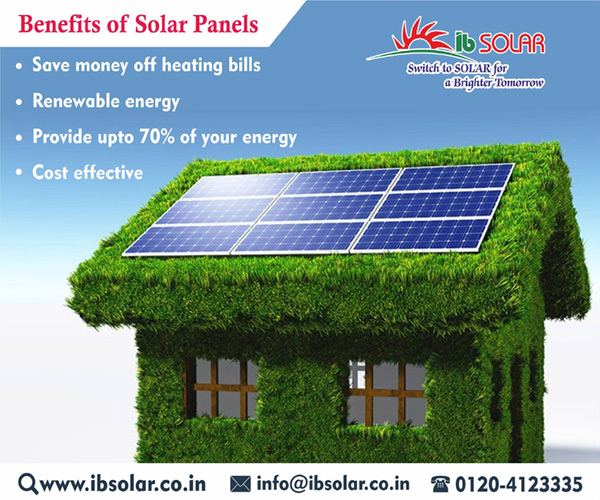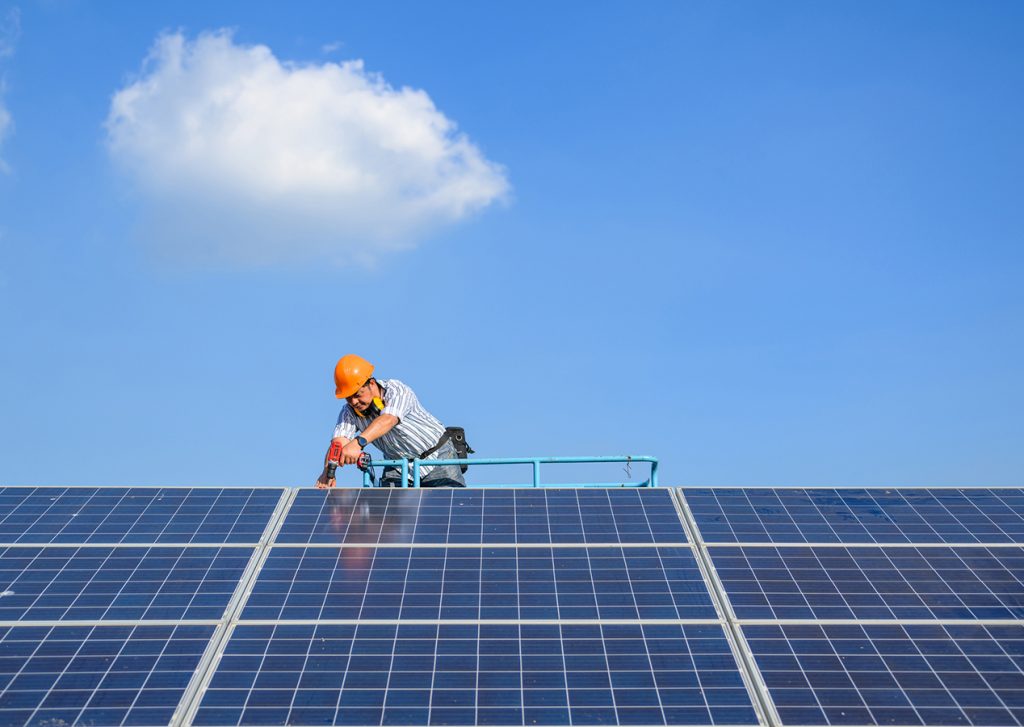How Solar Energy Can Assist You Save Money and Decrease Your Carbon Footprint
The combination of solar energy right into your energy portfolio provides a compelling opportunity for both monetary savings and environmental stewardship. By utilizing the sun's energy, property owners can substantially minimize their regular monthly utility expenses while also securing against the changability of future power expenses. In addition, the change to solar adds to a marked decrease in carbon exhausts, straightening individual finance with wider eco-friendly goals. As different government motivations appear, the question emerges: exactly how can one efficiently navigate the first financial investments and continuous benefits of solar technology to maximize both economic and environmental gains?
Understanding Solar Energy Financial Savings
While the shift to solar energy usually entails a first financial investment, recognizing solar power financial savings is essential for property owners and services alike. Solar energy systems can substantially decrease electrical power expenses by taking advantage of the sun's energy, translating right into substantial lasting economic advantages.
Additionally, solar power systems may receive different monetary rewards, including tax obligation credits and discounts, better boosting their cost-effectiveness. The schedule of web metering enables users to market excess energy back to the grid, developing an added profits stream. These aspects contribute to the overall financial savings connected with solar energy.

Along with guide monetary cost savings, solar energy uses the included advantage of raising residential or commercial property value. Homes furnished with solar panels are commonly a lot more appealing to purchasers, as they guarantee lower energy costs - Simply Solar Illinois. Comprehending these aspects is crucial for any person thinking about solar power, as it highlights not just the potential financial gains, but additionally the broader ecological and financial advantages of adopting renewable power remedies
First Prices vs. Long-Term Perks
When examining solar power, it is important to weigh the first prices versus the long-lasting advantages. The in advance investment for photovoltaic panels, setup, and associated equipment can be significant, usually varying from $15,000 to $30,000, depending upon the system dimension and home power needs. This first expense may hinder some house owners; nevertheless, it is important to consider the possible cost savings gradually.
When installed, solar energy systems can dramatically lower or also remove regular monthly power expenses, resulting in considerable long-lasting monetary benefits. Researches suggest that homeowners can conserve anywhere from $10,000 to $30,000 over the life expectancy of their solar system, commonly 25 years. Furthermore, several states use incentives, tax credit ratings, and discounts that can balance out first expenses, making solar much more available.

Minimizing Your Carbon Impact
Lowering your carbon impact is an important factor to consider in today's eco mindful culture, and adopting solar power is just one of the most reliable approaches to attain this objective. Solar energy is a tidy, renewable resource that substantially decreases dependence on nonrenewable fuel sources, which are significant contributors to greenhouse gas exhausts.

In addition, the widespread fostering of solar innovation urges the advancement of eco-friendly tasks and supports advancements in energy storage and performance. The more individuals and organizations purchase solar energy, the better the cumulative reduction in carbon exhausts, promoting a cleaner environment for future generations.
Government Incentives and Rebates
Taking on solar power not only profits the setting however can also result in significant monetary savings, particularly with the schedule of government incentives and refunds. Numerous federal, state, and local programs are made to encourage homeowners and companies to buy solar energy systems, making the transition a lot more budget-friendly.
One of one of the most famous incentives is the Federal Financial Investment Tax Credit (ITC), which permits solar system proprietors to subtract a considerable percentage of the installment costs from their federal tax obligations. This motivation has actually been find out this here essential in minimizing the ahead of time expenses connected with solar power systems. In addition, lots of states supply their very own tax obligation credit ratings, grants, and discounts that can better boost financial savings.
In addition, some city governments provide real estate tax exemptions for solar installations, ensuring that homeowners do not encounter raised real estate tax as a result of their renewable power financial investments. Energy firms might additionally supply incentives, including net metering and feed-in tariffs, which allow solar energy individuals to market excess power back to the grid.
Picking the Right Solar System
Choosing the ideal solar system is critical for optimizing power performance and economic advantages. The decision depends upon numerous aspects, including energy needs, budget, and readily available room. House owners ought to begin by assessing their power usage to determine the system dimension needed for ideal performance.
Following, think about the different kinds of solar innovations readily available. Simply Solar Illinois. Solar (PV) panels are the most typical, converting sunlight directly into electricity, while solar thermal systems concentrate on home heating water. Each type has distinct advantages internet depending on specific demands
Budget factors to consider are likewise critical. First setup costs can vary considerably, so it is necessary to contrast quotes from numerous suppliers and check out financing options. Government rewards and discounts can better minimize the economic burden, making planetary systems much more obtainable.
Final Thought
The ecological advantages of solar energy contribute to lasting techniques essential for combating climate change. Government incentives enhance the feasibility of solar technology adoption, motivating a shift towards a cleaner, a lot more economically effective energy resource.